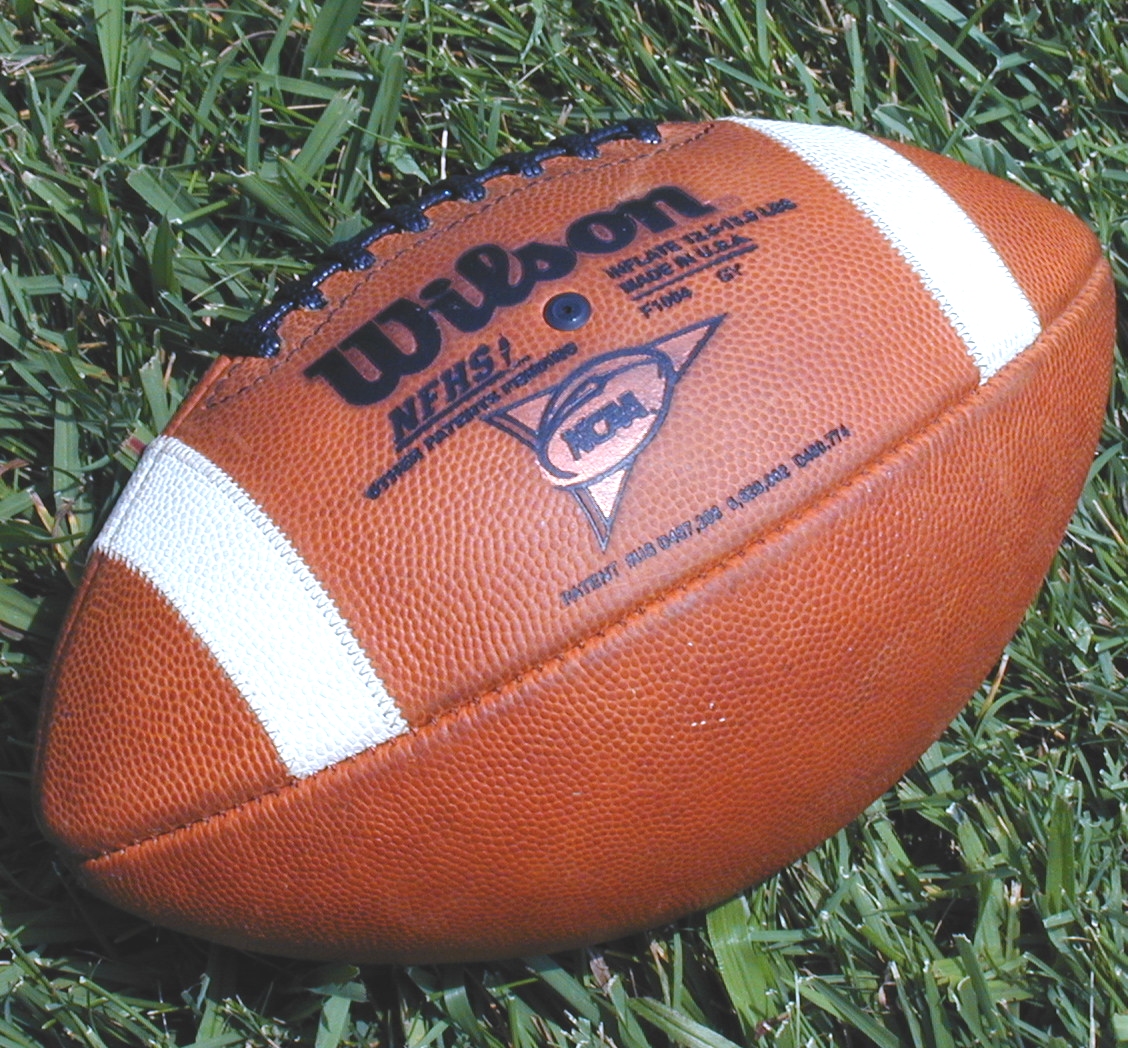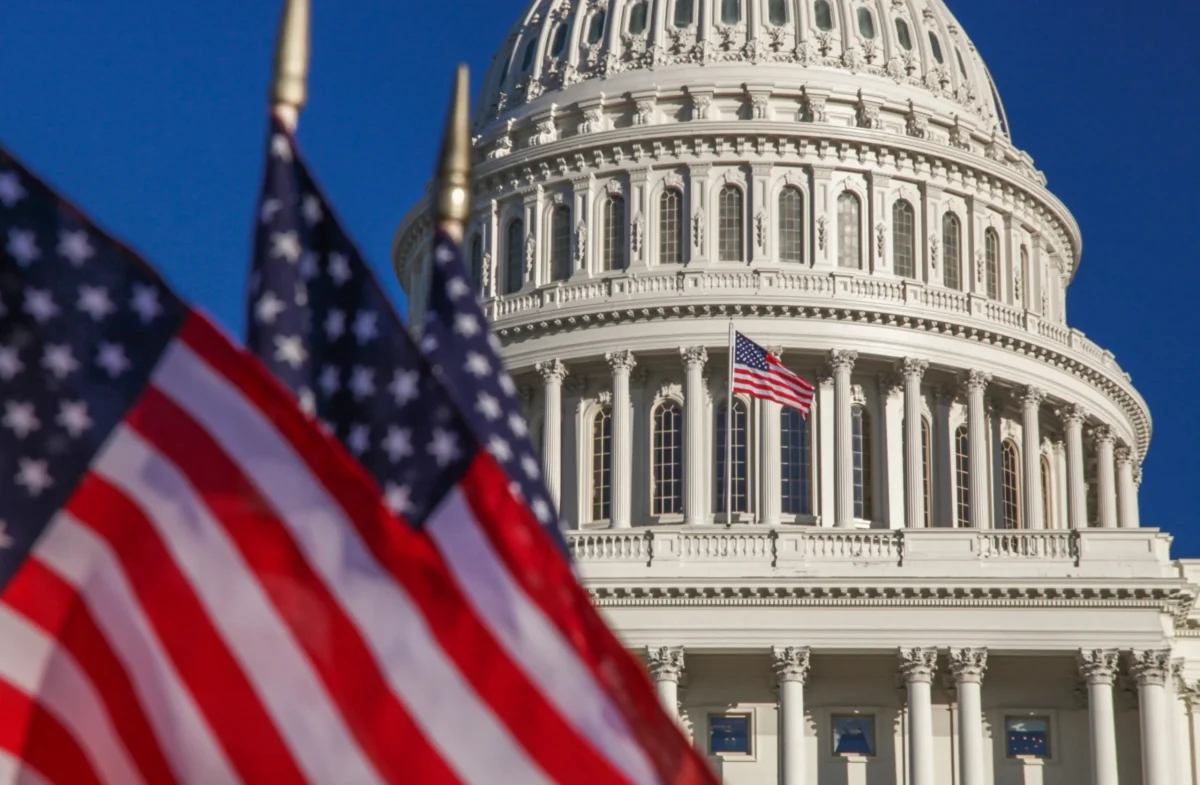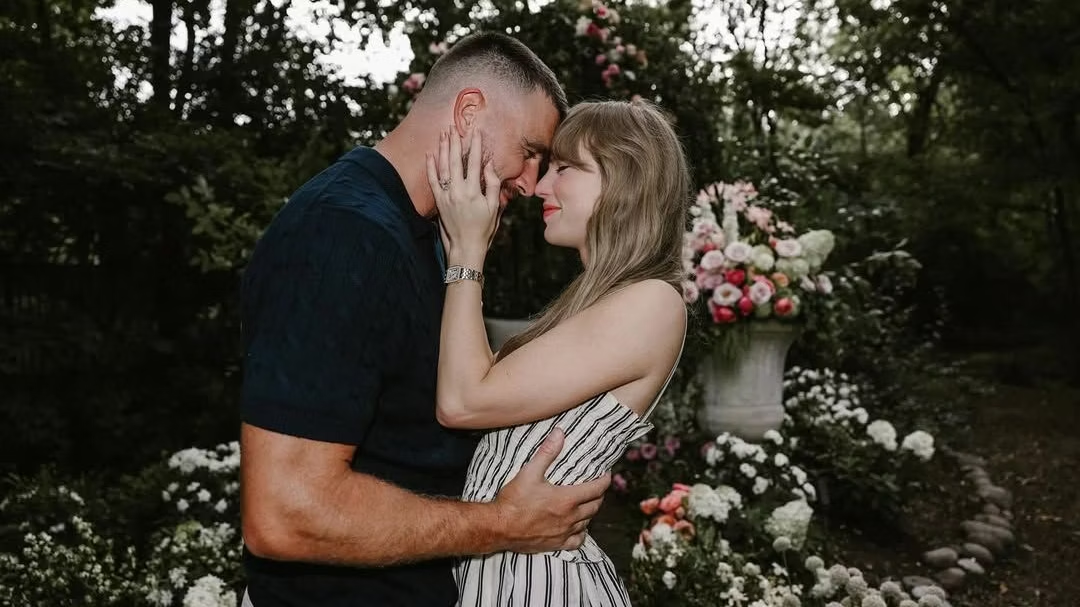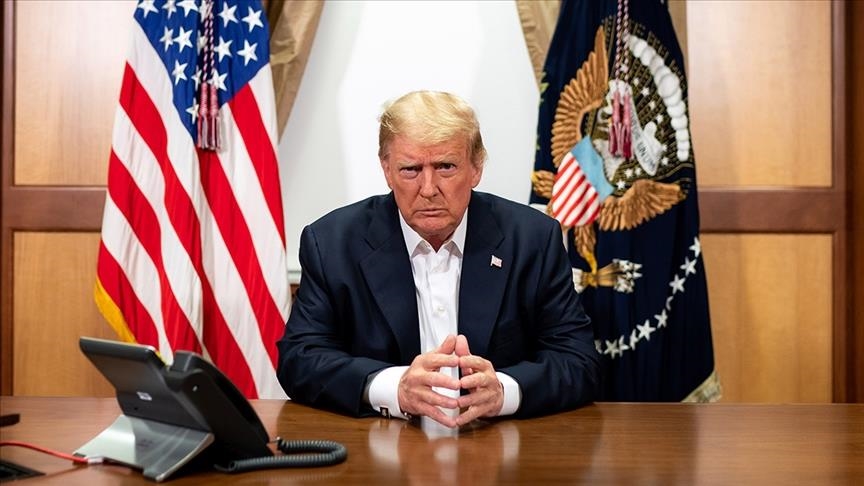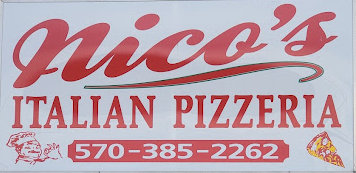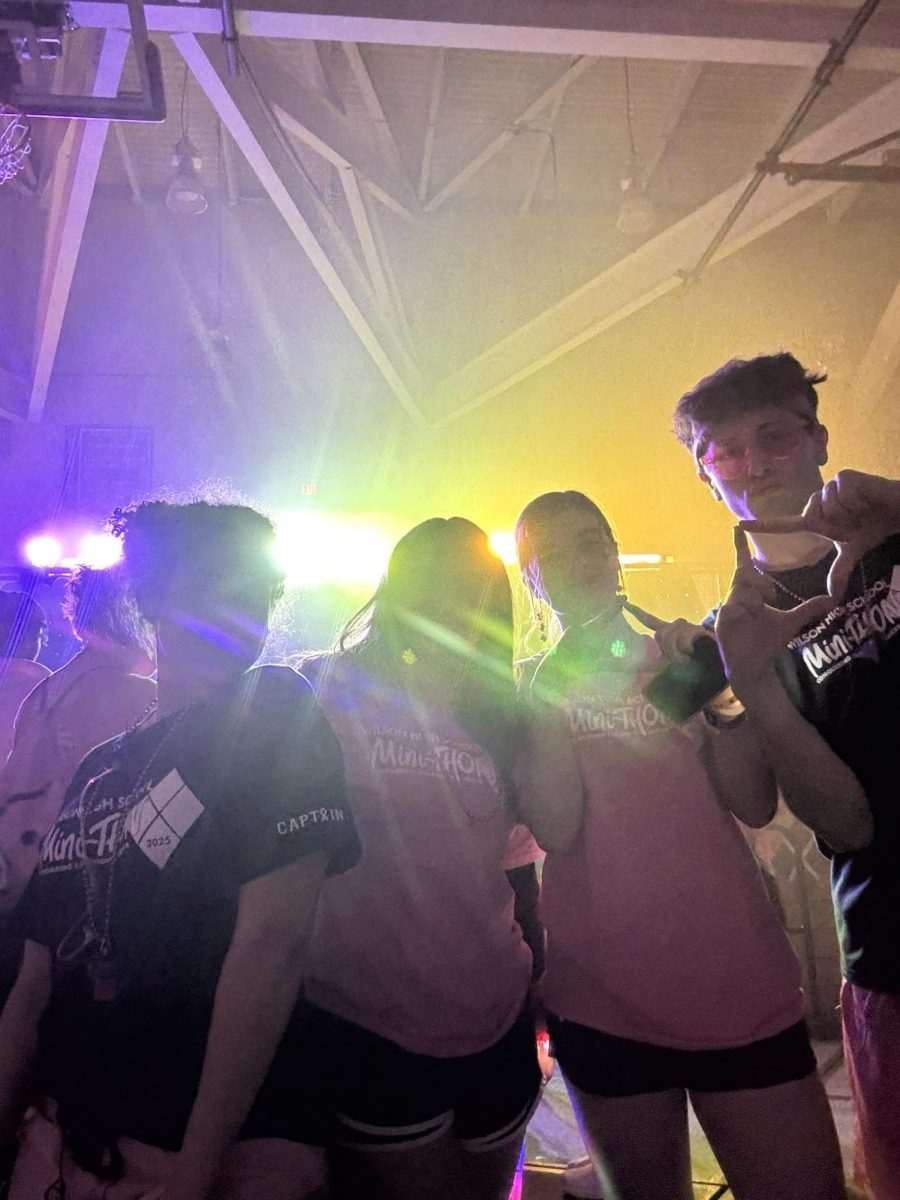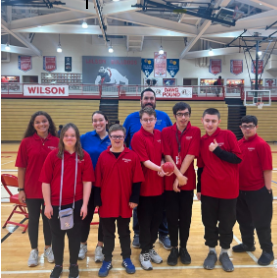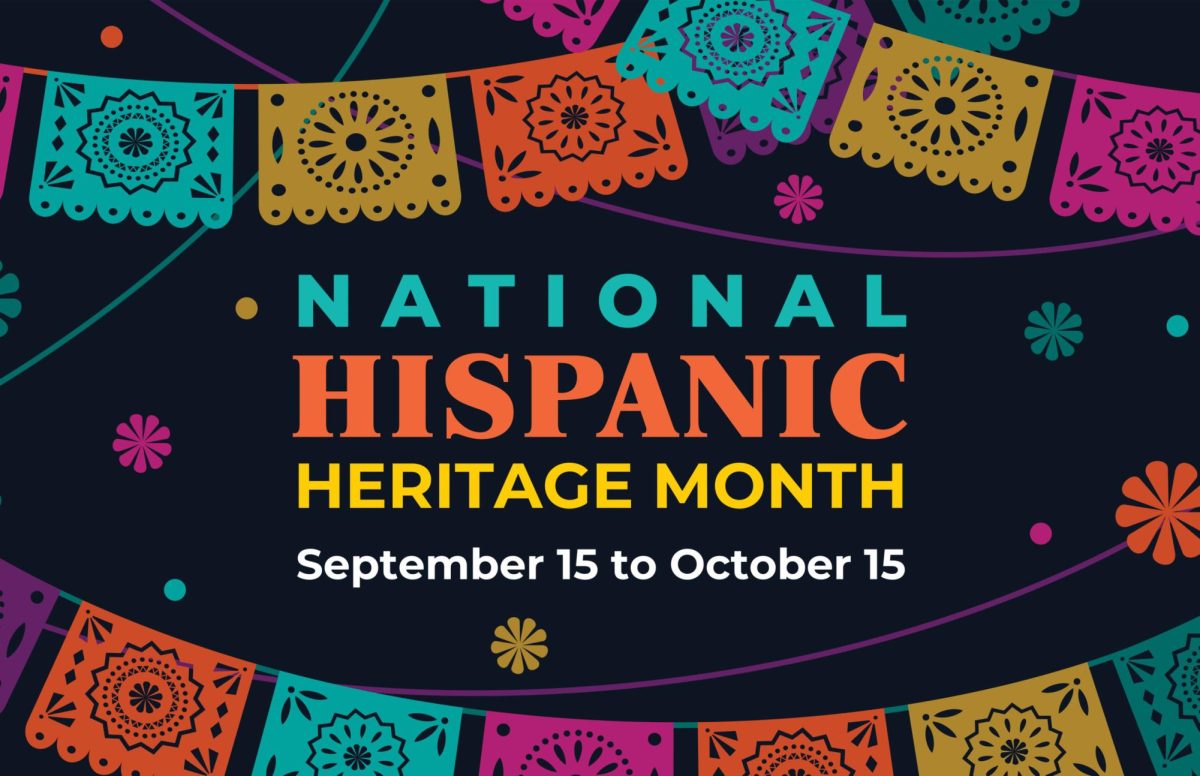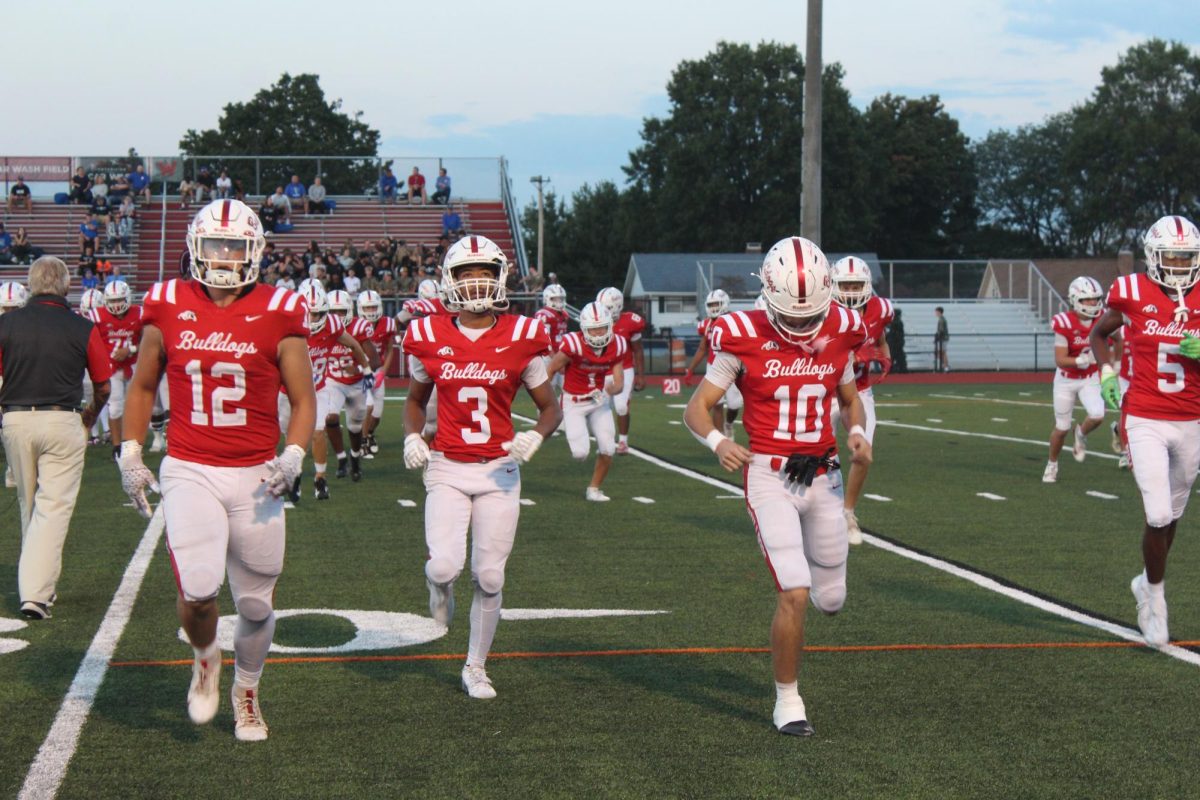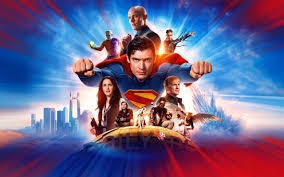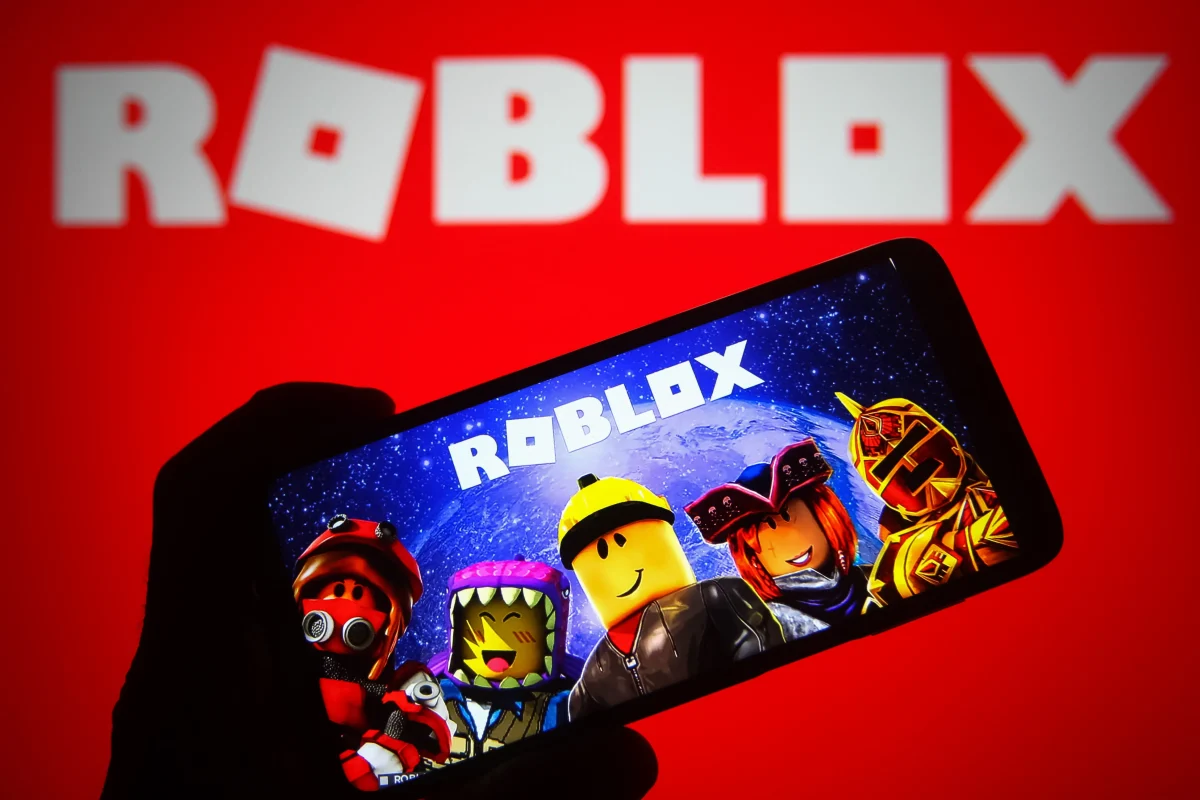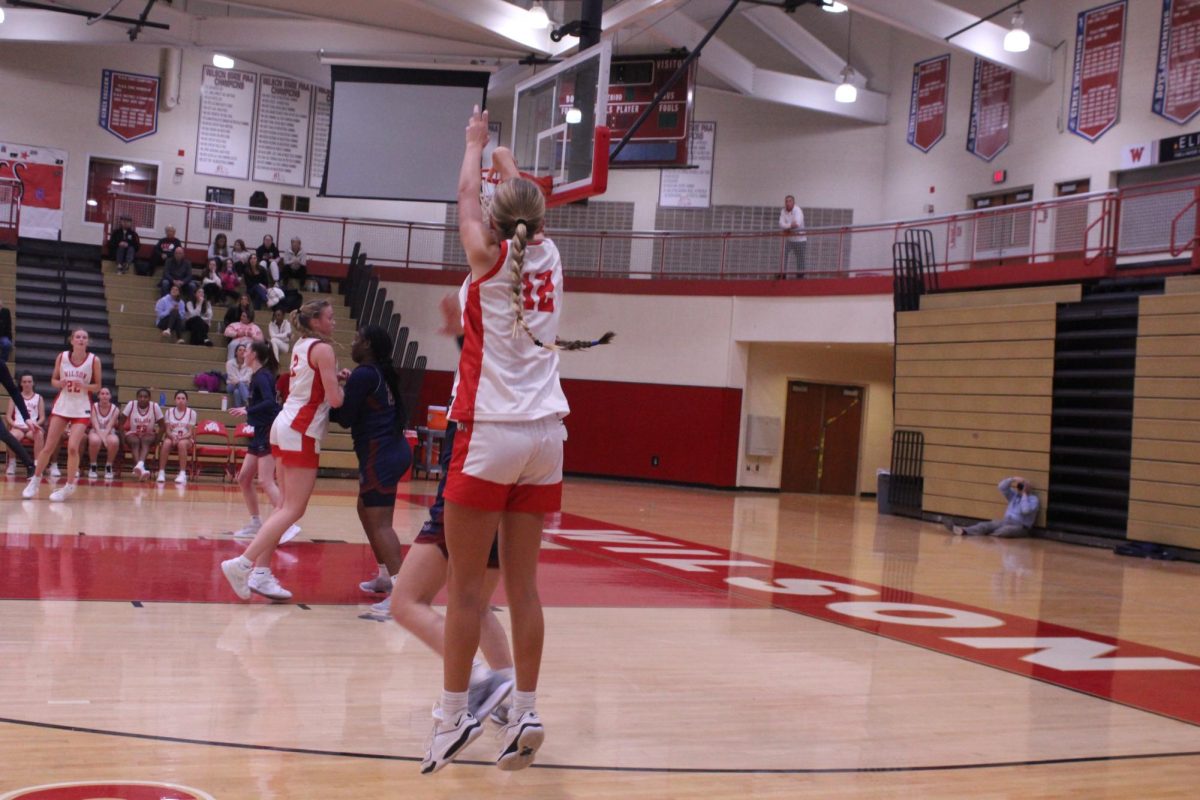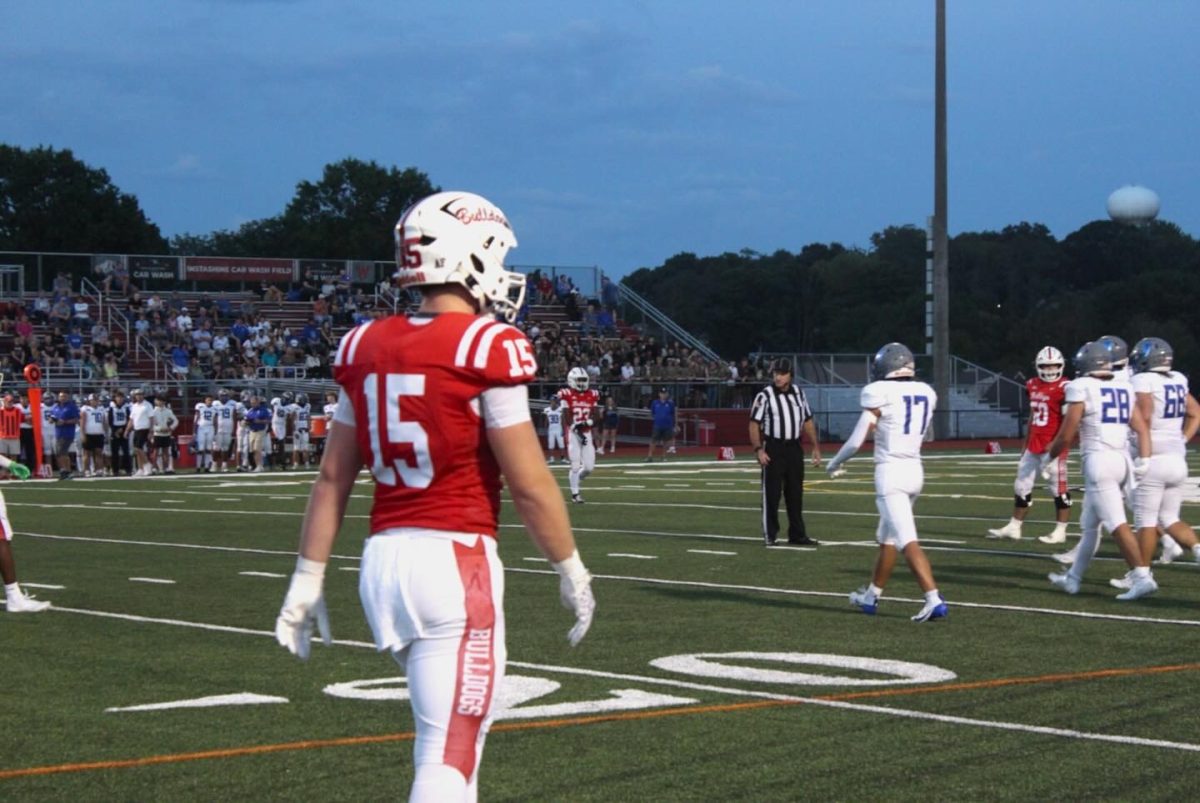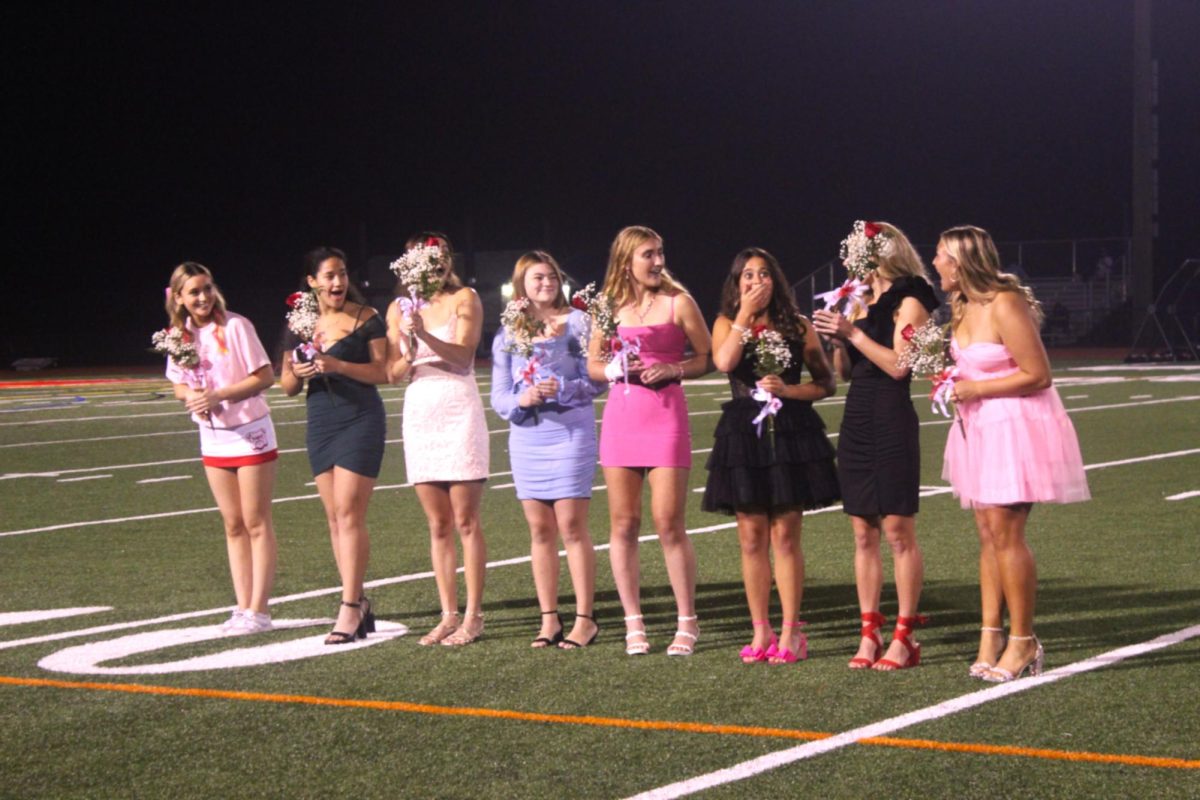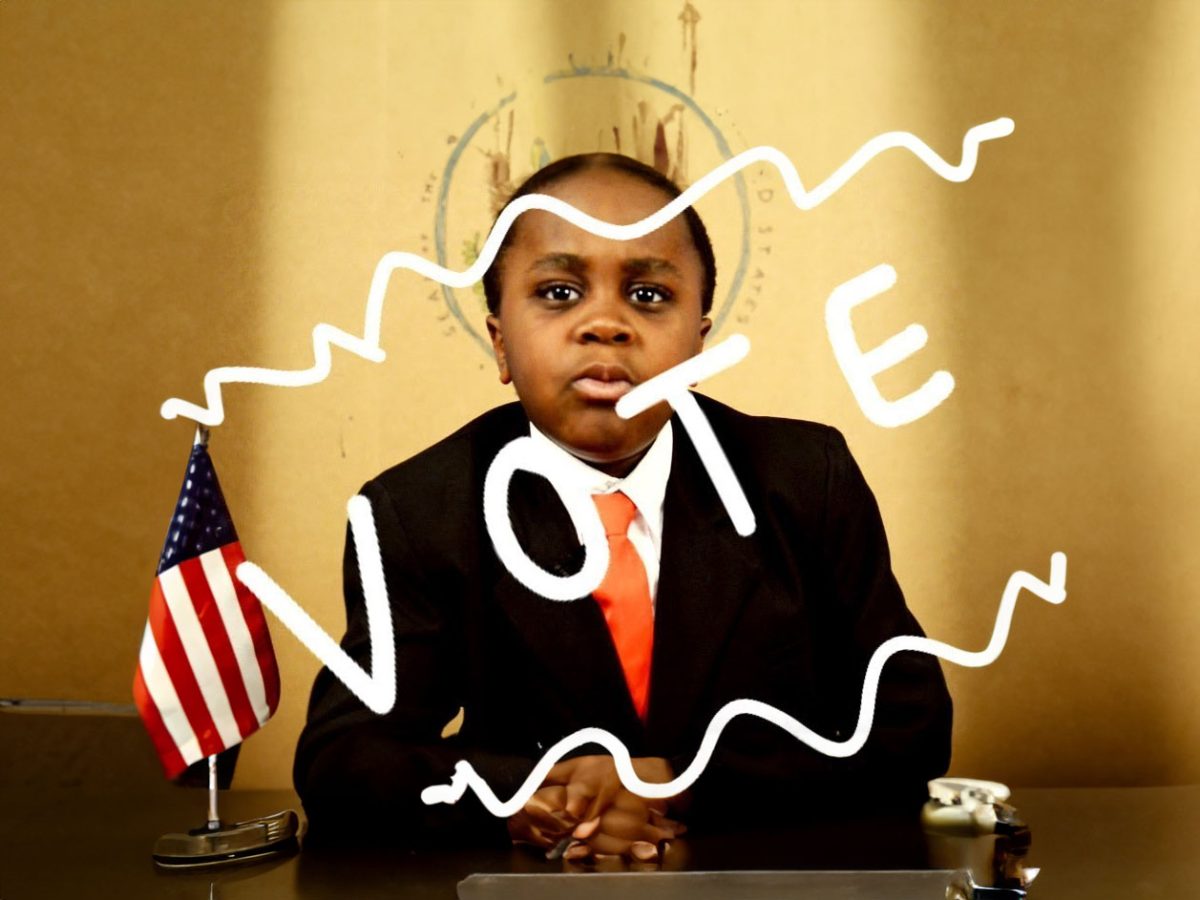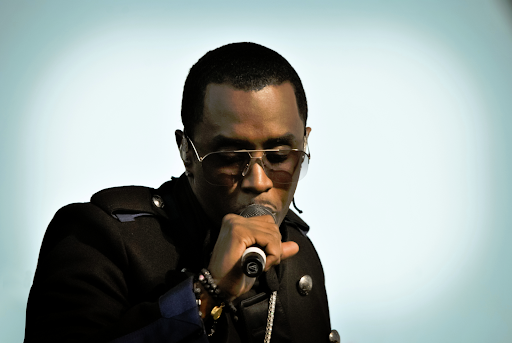Our founding fathers determined in the writing of the Constitution that America would be a democracy. Though at the time the right was only extended to white men who met certain criteria, the right slowly expanded through Amendments that were added to the Constitution. The 26th Amendment was ratified in 1971, but this information doesn’t mean much to the average person. The 26th Amendment lowered the voting age from 21 to 18, allowing more Americans to vote in Presidential, Midterm, state and local elections. Now, there is debate over whether or not the voting age should be lowered to 16. This would not only increase voter turnout, but it would also teach teenagers that their right to vote is important and instill a sense of responsibility in America’s youth.
16 year olds are basically adults that are still taxed with attending high school. They can drive, hold jobs, and have their own political opinions, much like their parents and grandparents before them. Vote 16 USA is an interest group dedicated to lowering the voting age to 16. On their website they have laid out the reasons why the voting age should be lowered to 16, and they go as follows:
Voting is not a habit of many young Americans. Americans under the age of 25 typically have the lowest voter turnout, but this could be changed if the voting age was lowered to 16. Young voters would be in a better habit of voting if the voting age was lowered, since it would be bringing more young people in touch with the government sooner.
It was also found that someone who votes in their first election is more likely to continue voting, establishing a pattern for future elections. Though this applies to people that are starting to vote at 18, this habit would be stronger and felt by more if the voting age was lowered to 16.
Many 16 year olds are juniors in high school, which is typically when government classes are taken by these students. In these classes, students are learning the importance of government and voting, so why not allow them to further their understanding by allowing them to vote in an election? 16 year olds also have many responsibilities that 18 year olds have. 16 year olds can drive and have a job, just like 18 year olds. Both age groups are starting to think about their future and make big life decisions. Along with this, 16 year olds are starting to form their own political opinions, so why not let them voice their opinions in an election. Some might say that 16 year olds are not educated enough to vote, but studies have shown that 16 and 18 year olds typically have the same amount of understanding surrounding the government therefore invalidating that argument. This relates to the phenomenon of cold cognition. Cold cognition is the decision making that someone has when they are alone and unhurried in making their decision. Studies have shown that cold cognition fully develops at the age of 16 and does not mature any more after that age, proving that 16 would be the perfect time to vote.
Oftentimes, teenagers and America’s youth are the ones being affected by government policies the most and allowing them to have a say would allow them to be treated appropriately as constituents. This would force government officials to serve them according to the concerns of the voters, which would allow for more efficient policy to be put in place. Voting is the simplest way of getting the government to listen to the average citizen, therefore giving a voice to the voiceless and forcing the government to listen to the future of our country.
As mentioned before, many 16 year olds are taking or have taken a government or civics class leading up to their junior year of high school. While this is crucial in the understanding of teenagers and the government, allowing 16 year olds to vote would also strengthen civics education in that students would be able to apply what they are learning to real life situations. This would make civics and government courses more relevant to students, since many are forced to take them as a state graduation requirement. Since voting would put more emphasis on these classes, schools would also be forced to put better civics programs in place to give their students the best understanding possible, strengthening education as a whole in the meantime.
Mr. Wagner, a government teacher at Wilson High School, believes that 16 year olds should be able to vote for a multitude of reasons. “I am a strong advocate for lowering the voting age in PA to 16. This age group is significantly impacted by the decisions from all levels of government in the areas of school policies, driving laws, minimum wage, labor laws, and many others. Other policy areas such as the environment, energy, and social security will impact these young people far longer than they will impact our senior citizens. We should give a voice to this age group and expand the electorate accordingly,” he commented.
There are some 16 year olds that have doubts about whether this would be an effective display of democracy. Kemi Ojikutu, former 2025 class president, believes that the right to vote should be extended to 16 and 17 year olds, but they should have a general understanding of who the current President and Vice President, as well as who is running for election and where they stand on certain policies. This goes back to strengthening the education system surrounding civics and government, but many are left wondering if this will be enough to truly educate the American youth.
Though there are some limitations to allowing 16 year olds to vote, there are ultimately more benefits to lowering the voting age, benefits that will last a lifetime. The biggest benefit would be that more American voices would be heard during any single election, strengthening democracy as a whole. America was founded on the idea of democracy, so by denying a competent and responsible age group the right to vote, we are also denying the principles that this country was founded on.
